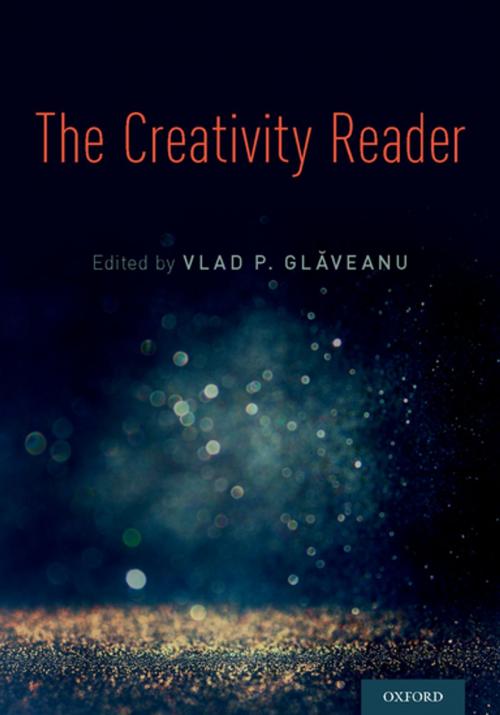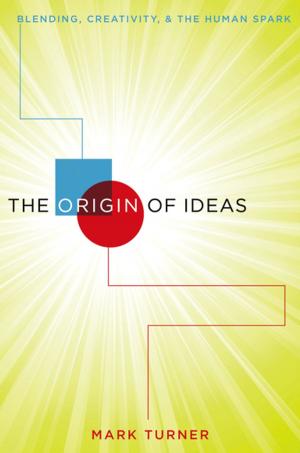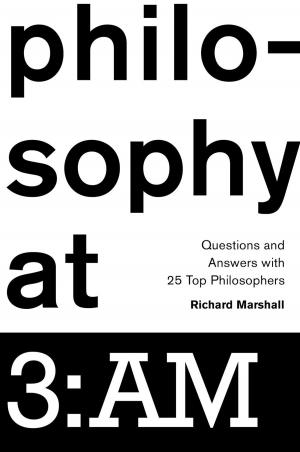The Creativity Reader
Nonfiction, Health & Well Being, Psychology, Occupational & Industrial Psychology, Social Psychology, Reference & Language, Education & Teaching| Author: | ISBN: | 9780190841720 | |
| Publisher: | Oxford University Press | Publication: | May 13, 2019 |
| Imprint: | Oxford University Press | Language: | English |
| Author: | |
| ISBN: | 9780190841720 |
| Publisher: | Oxford University Press |
| Publication: | May 13, 2019 |
| Imprint: | Oxford University Press |
| Language: | English |
The Creativity Reader is a necessary companion for anyone interested in the historical roots of contemporary ideas about creativity, innovation, and imagination. It brings together a prestigious group of international experts who were tasked with choosing, introducing, and commenting on seminal texts focused on creativity, invention, genius, and imagination from the period of 1850 to 1950. This volume is at once retrospective and prospective: it revisits old ideas, assesses their importance today, and explores their potential for the future. Through its wide historical focus, this Reader challenges the widespread assumption that creativity research is mainly a product of the second half of the twentieth century. Featuring primary sources interpreted through the lenses of leading contemporary scholars, The Creativity Reader testifies to the incredible richness of this field of study, helps us understand its current developments, and anticipates its future directions. The texts included here, many of them little known or forgotten, are part of the living history of creativity studies. Indeed, an examination of these seminal papers helps the new generation of creativity and innovation researchers to be mindful of the past and unafraid to explore it.
The Creativity Reader is a necessary companion for anyone interested in the historical roots of contemporary ideas about creativity, innovation, and imagination. It brings together a prestigious group of international experts who were tasked with choosing, introducing, and commenting on seminal texts focused on creativity, invention, genius, and imagination from the period of 1850 to 1950. This volume is at once retrospective and prospective: it revisits old ideas, assesses their importance today, and explores their potential for the future. Through its wide historical focus, this Reader challenges the widespread assumption that creativity research is mainly a product of the second half of the twentieth century. Featuring primary sources interpreted through the lenses of leading contemporary scholars, The Creativity Reader testifies to the incredible richness of this field of study, helps us understand its current developments, and anticipates its future directions. The texts included here, many of them little known or forgotten, are part of the living history of creativity studies. Indeed, an examination of these seminal papers helps the new generation of creativity and innovation researchers to be mindful of the past and unafraid to explore it.















